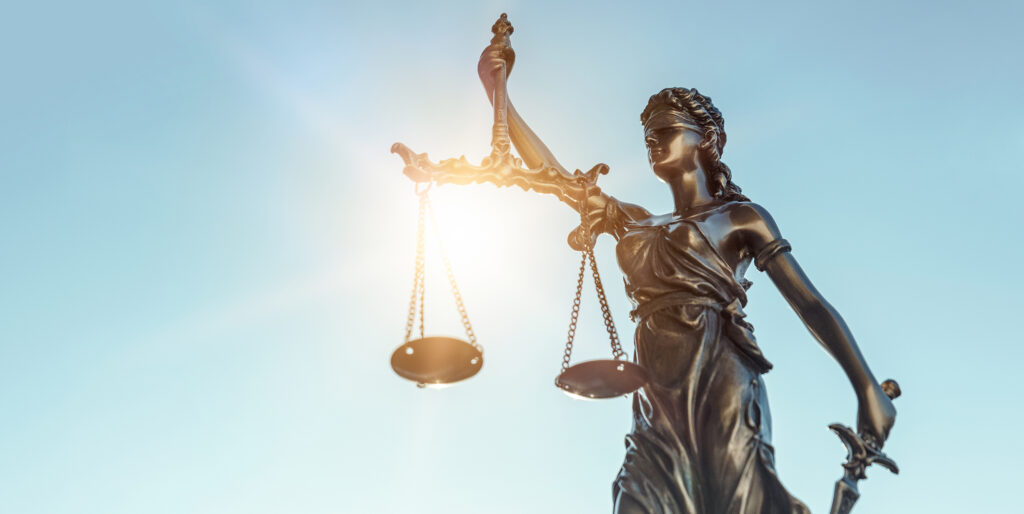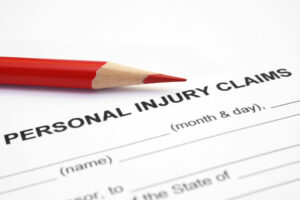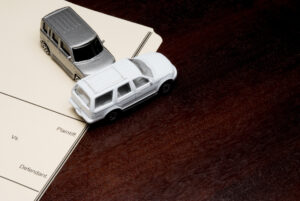If you’re having financial troubles, we can offer you our knowledge and insights at Rodriguez Interiano Hanson & Rodgers.
When Would I File for Personal Bankruptcy?
If you find that you can’t pay your bills, this is when you would consider filing for bankruptcy. It’s a right you have under federal bankruptcy law. It stops creditors asking you for your debt until the law has looked at your finances. Under Chapter 7, you can discharge your debt by giving up property. Under Chapter 13 bankruptcy, you will choose to pay off some of the debt you have over three or five years. There is certain property you may be able to keep, such as your home and car.
How Does Bankruptcy Hurt My Credit Score?
Bankruptcy has a negative effect on your credit score. The points will noticeably decrease and there is going to be long-term damage expected. It will stay on your credit report for up to 10 years if you file for Chapter 7 bankruptcy. If you file for Chapter 13 bankruptcy, it will be seven years. This is going to mean that borrowing money is going to be harder for you. This is because you’ll be seen as a higher risk for companies when it comes to credit or opening a bank account.
How Can I Improve My Credit Score After Bankruptcy?
Don’t despair; there are ways you can improve your credit score over time. This can make your financial situation easier later on. After bankruptcy, make sure that you check your credit reports. You there could be errors, so check that accounts are discharged and there is a zero balance. You even want to check that the bankruptcy filing date is right.
Next, you can look for a secured credit card. There may be some that you qualify for and you can demonstrate regular payments. You pay the upfront deposit and this can help you get one. Retail cards are also a good option to build credit.
If you don’t know whether you should file for bankruptcy, it’s important to seek advice. This way, you can avoid hurting your credit score if you don’t have to. At Rodriguez Interiano Hanson & Rodgers, we have over 30 years of experience when it comes to bankruptcy. You can talk to a bankruptcy attorney confidentially about your situation and we can find the best option for you.







